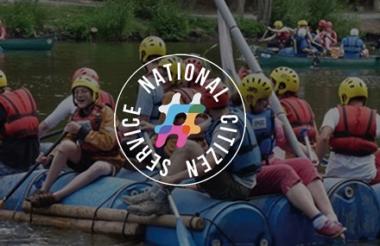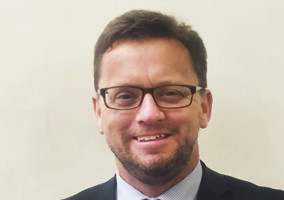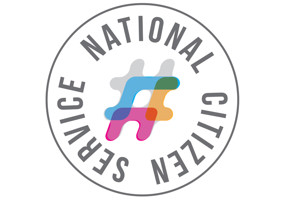The Local Government Association has called for some of the money going towards funding the National Citizen Service, the government's flagship volunteering programme, to be devolved to local youth services.
The LGA, the membership organisation for local authorities, said that the £634m spent on the NCS by the government between 2014/15 and 2017/18, 95 per cent of its youth services budget, would “be better spent on all-year-round provision for young people in their local areas”.
However Michael Lynas, chief executive of the NCS, has said that taking away money from a youth service that is working does not make sense.
Youth centres closing
The LGA said that more than 600 youth centres closed and nearly 139,000 youth service places were lost in the UK between 2012 and 2016. Central government funding for children and young people’s services has fallen by £2.4bn since 2010, and LGA analysis shows that a further £3bn will be needed by 2025 just to maintain services at their current levels.
The LGA pointed out that just 12 per cent (93,000) of eligible youngsters took part in the NCS in 2016, while in some areas take-up was as low as 4 per cent. It said NCS money would be better spent on all-year-round provision for young people in their local areas, rather than a “time-limited programme which is restricted to a certain age group and is attracting only a relatively small number of teenagers”.
It said that council leaders want some of the scheme’s funding to be “devolved to councils to help make up the spending reductions in local youth services, which have been cut by nearly 40 per cent (£260m) since 2010”.
‘Plug the shortfall’
The LGA is calling on the government to devolve the amount from the NCS programme’s funding between now and 2020 to local councils to help “plug the shortfall in youth services spending”.
It says that this would help councils reverse some of the cutbacks in local youth service provision.
Cllr Anntoinette Bramble, chair of the LGA’s Children and Young People Board, said: “While the National Citizen Service is a good programme which can be a positive experience for those who take part, we believe this should be part of a much wider youth service offering to support children and young people.
“A time limited programme of work cannot provide the trusted, longer-term relationships that are a valued element of youth work, and that are needed by some young people to develop the self-esteem, confidence and skills to take part in such programmes.
“Councils have been forced to cut important services for thousands of young residents in recent years as a result of increasingly squeezed budgets, so it is wrong that nearly all of the government’s funding for youth services is being spent on a very short programme which attracts only a small number of participants.
“The government needs to devolve a slice of the funding to councils so they can begin to scale back the cuts to council youth services and provide targeted support to a much wider group of young people locally all year round, whether that is giving them safe spaces to meet, diverting them away from crime or supporting them to succeed in school, training or employment.”
'Like comparing apples and oranges'
Michael Lynas, chief executive of the NCS Trust, told Civil Society News that although he agreed that local youth services do need more money, “taking money from another service that is proven to work does not make sense”.
He said that comparing the NCS with local youth services was “like comparing apples and oranges” and said that the NCS is the fastest growing youth programme in 100 years.
Over 400,000 16-17 year olds have participated in the NCS to date, with tens of thousands more expected by the end of the year.
He added that the LGA figures are for 2016 and are out of date as they show that one in eight of the relevant age group are signed up to NCS, where as it is now one in six.
He also said it was frustrating that much of the criticism levelled at the NCS in the past is that it is a “middle class programme”, but its own analysis of participants suggests it reaches a broad base.
Related articles












